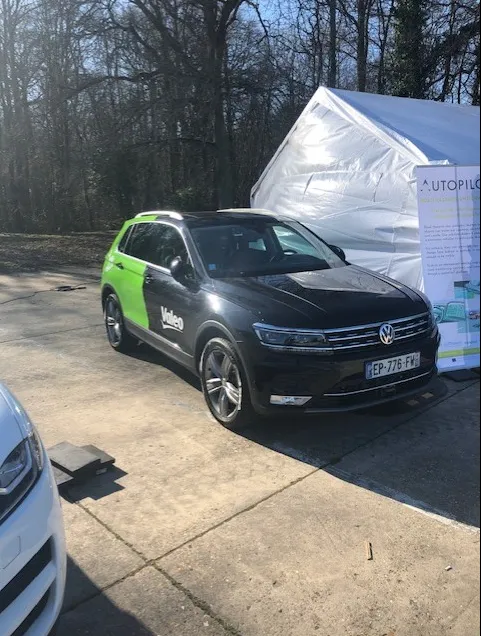Cognitive Technologies has joined forces with Russian manufacturer PC Transport Systems to deploy an autonomous tram on the streets of Moscow by 2022.
Cognitive says that its simplified system means autonomous trams will appear on public roads much earlier than self-driving cars.
The company claims its system will detect vehicle and other trams, traffic lights, pedestrians, tram and bus stops, railway and switches and obstacles. Also, the technology will allow the tram to stop in front of obstacles and maintain a safe distance to the cars ahead, accelerate and stop.
The trams will feature a combination of sensors which include 20 video cameras and up to ten radars to help detect road scene objects at night as well as in rain, fog and snowy conditions.
Olga Uskova, president of Cognitive, says the company’s low-level data fusion technology allows the computer vision model to use the combined raw data coming from cameras and radars to provide a better understanding of the road scene.
“Cameras, for example, correctly recognise objects in 80% of cases, additional data from radar raises the detection accuracy to 99% and higher,” Uskova adds.
The trams will use GPS sensors and will use high-precision cartography along its route.
Initially, an intelligent control system will serve as an active driving assistant in dangerous situations. A second stage test will follow in which an operator will remain in the cabin as a backup driver.
During the next two months, autonomous tram tests with the operator in the cabin will take place in closed facilities which will then be followed by a trail in Moscow.
Cognitive Technologies to develop autonomous tram in Russia
Cognitive Technologies has joined forces with Russian manufacturer PC Transport Systems to deploy an autonomous tram on the streets of Moscow by 2022.
Cognitive says that its simplified system means autonomous trams will appear on public roads much earlier than self-driving cars.
The company claims its system will detect vehicle and other trams, traffic lights, pedestrians, tram and bus stops, railway and switches and obstacles. Also, the technology will allow the tram to stop in front of obstacles a
February 14, 2019
Read time: 2 mins







